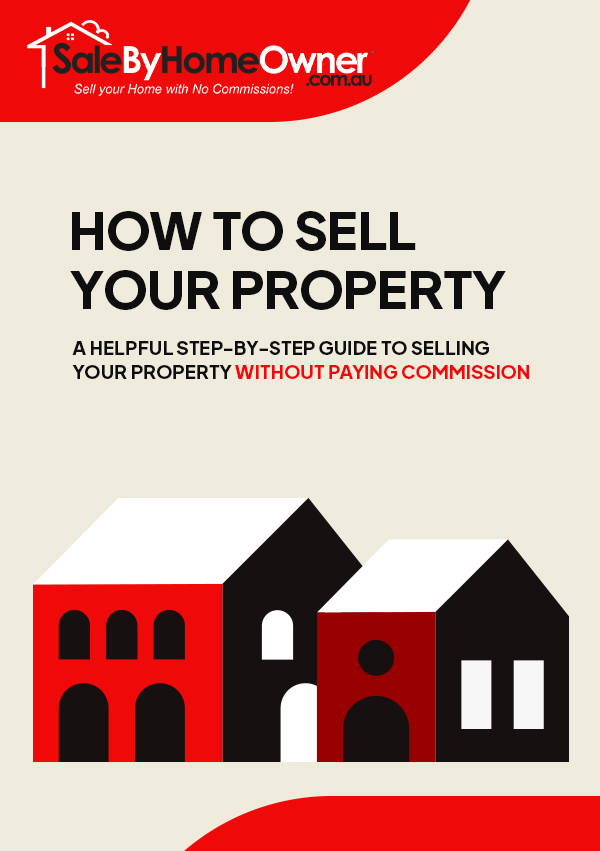Renting out your house can be a lucrative endeavor, whether you’re an experienced landlord or a first-time property owner looking to generate some extra income. However, to make this venture successful, you need to find the right platform to list your rental property. In this article, we’ll explore some of the best places to list your rental property and address the question of whether you can rent out your house.
Can You Rent Out Your House?
Before we dive into the best places to list your rental property, it’s crucial to determine if you can legally rent out your house. The answer to this question depends on several factors, including local zoning laws, homeowner association rules, and your mortgage terms.

1. Local Zoning Laws: Local governments often have zoning regulations that determine how properties can be used. Some areas may restrict short-term rentals (like Airbnb) or require you to obtain specific permits to operate as a landlord. Check with your local municipality to understand the rules and requirements in your area.
2. Homeowner Association Rules: If you live in a community governed by a homeowner association (HOA), there may be restrictions on renting out your property. can i rent out my house bylaws that dictate whether and how you can rent your home. Be sure to review your HOA’s rules before proceeding.
3. Mortgage Terms: Review your mortgage agreement to see if it contains any clauses related to renting out your property. Some mortgage contracts include “owner-occupancy” clauses, which require you to live in the home for a certain period before renting it out.
If your local laws, HOA rules, and mortgage terms allow you to rent out your house, you’re ready to explore the best place to list rental property.
The Best Places to List Your Rental Property
- Online Listing Platforms: The internet is a powerful tool for marketing your rental property. Several online listing platforms cater to landlords and property managers. Some of the most popular options include:
- Zillow: Zillow offers a dedicated rental listing section where you can create listings with photos, descriptions, and rental terms. It also provides tools for tenant screening and lease management.
- Trulia: Owned by Zillow, Trulia is another widely used platform for listing rental properties. It offers similar features and is known for its user-friendly interface.
- Apartments.com: While Apartments.com is primarily known for apartment listings, it also allows you to list houses, condos, and townhomes for rent. It has a substantial user base and offers helpful tools for landlords.
- Craigslist: Craigslist is a free classifieds website where you can list your rental property. It’s a popular platform, but be cautious of potential scams and use the platform’s safety tips.
- Property Management Software: If you have multiple rental properties or want assistance with property management tasks, consider using property management software like Buildium, AppFolio, or Rentec Direct. These platforms help streamline property management, from listing vacancies to handling rent collection and maintenance requests.
- Social Media: Don’t underestimate the power of social media. You can create posts on platforms like Facebook, Instagram, or Twitter to promote your rental property. Utilize local neighborhood groups and real estate forums to reach potential tenants.
- Local Newspapers and Bulletin Boards: Some communities still rely on local newspapers and bulletin boards for finding rental listings. Consider placing ads in community newspapers or posting flyers on local bulletin boards.
Part I: Renting Your Own Home
- The Benefits of Renting Out Your Home a. Additional Income: Renting out your home can provide a steady source of income. b. Tax Benefits: Rental income may be tax-deductible, and you can benefit from capital gains when you sell. c. Asset Appreciation: The property can appreciate over time, increasing your overall wealth. d. Flexibility: You can decide when and how to rent your home, allowing for personal use as well.
- Preparing Your Home for Rent a. Clean and Repair: Ensure your property is in excellent condition. b. Legal Compliance: Understand local laws and regulations related to rentals. c. Determine Rent: Research the market and set a competitive rent price. d. Lease Agreement: Draft a comprehensive lease agreement that outlines terms and expectations.
- Tenant Screening a. Conduct Background Checks: Verify tenants’ credit, rental history, and employment. b. Interviews: Meet potential tenants to assess compatibility. c. References: Contact previous landlords for feedback.
- Maintenance and Responsibilities a. Regular Inspections: Keep an eye on the property’s condition. b. Repairs and Maintenance: Address issues promptly to maintain tenant satisfaction. c. Communication: Maintain open lines of communication with your tenants.
- Financial Management a. Budgeting: Plan for expenses such as property taxes, insurance, and repairs. b. Payment Collection: Establish a reliable method for collecting rent. c. Record-Keeping: Maintain detailed financial records for tax purposes.
Part II: Renting Your House Out Privately
- Advantages of Private Rentals a. Control: You have full control over the rental process. b. Cost Savings: Avoid paying property management fees. c. Personal Touch: Build a direct relationship with your tenants.
- Advertising Your Rental a. Online Platforms: Utilize websites and apps to list your property. b. Social Media: Share listings on your social networks. c. Word of Mouth: Inform friends and acquaintances about the vacancy.

- Real Estate Agents: If you prefer a hands-off approach, you can enlist the services of a real estate agent or property management company to list and manage your rental property. They will handle the marketing, tenant screening, and ongoing management tasks for a fee.
- Word of Mouth: Inform friends, family, and colleagues about your rental property. Word of mouth can be a powerful way to find tenants, especially if you’re looking for responsible and reliable individuals.
- Rental Listing Websites: There are various niche rental listing websites that cater to specific markets or types of properties. Depending on your property’s unique features, you may find success on platforms like Rent.com, HotPads, or ForRent.com.
- Networking with Local Real Estate Professionals: Establish connections with local real estate agents, property managers, and real estate investment groups. They may have leads on potential tenants or provide valuable advice on managing your rental property.
Conclusion
Renting out your house can be a profitable venture, provided you understand and adhere to local laws, homeowner association rules, and mortgage terms. Once you’ve determined that you can rent out your property, choosing the right platform to list your rental property is crucial. Utilize a combination of online listing platforms, property management software, social media, local resources, and networking to find the best tenants for your property. With the right strategy and approach, you can turn your property into a successful rental investment.




